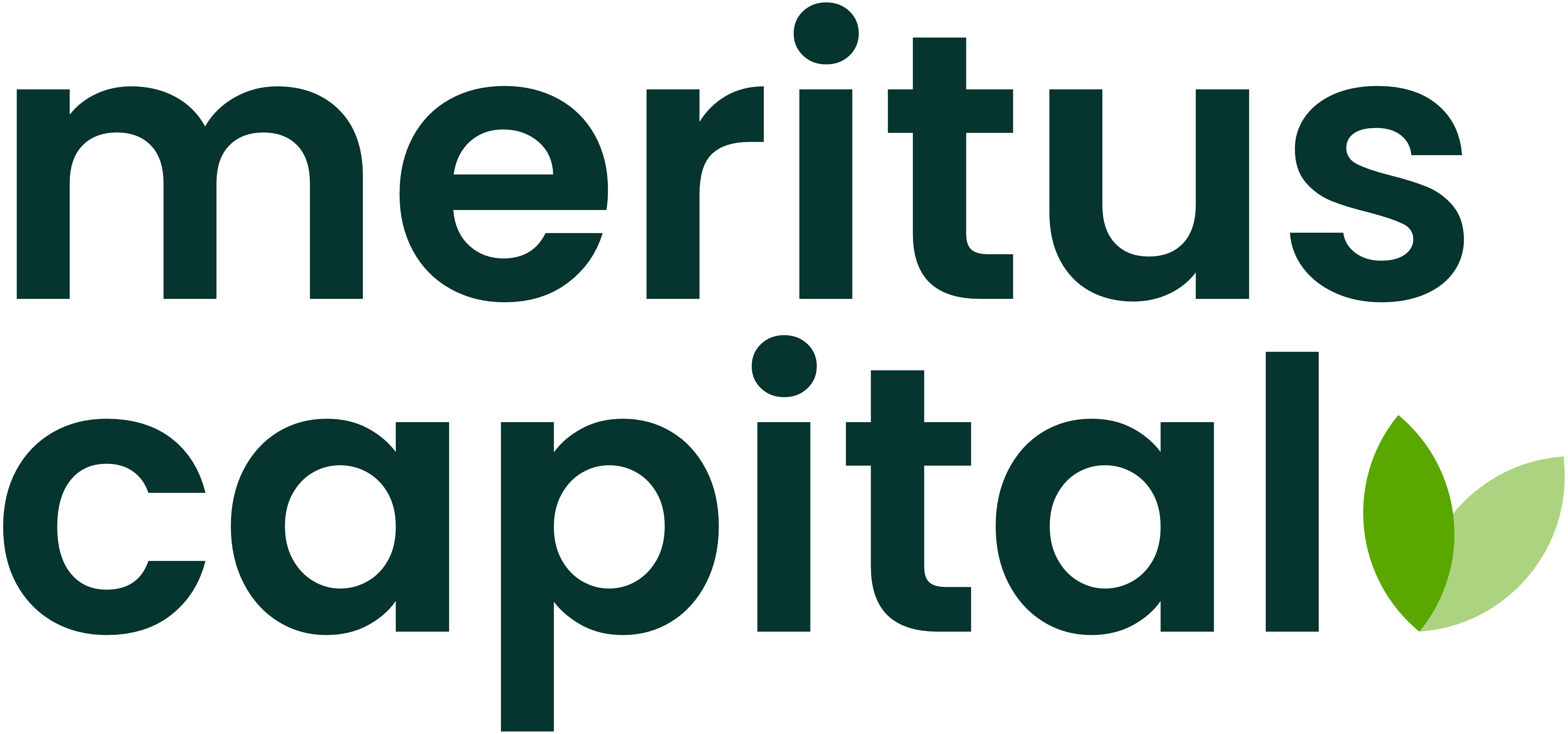How to Use Accounts Receivable Factoring to Raise Your Credit Score

How can accounts receivable factoring improve your business and personal credit scores?
It seems that many business people depend on their personal credit, at least in the start-up phase of building a business. This is due to the fact that the business has not built its own credit profile yet.
Factoring can be a better means of creating cash to operate your business than bank financing. For some of you, that may be because your credit history keeps you from getting a conventional bank loan, while for others it may be that factoring is a faster way to get cash in hand. Also, there are those who need to keep debts off their credit report or books to maintain or improve financial strength. Of course, for some of you, the high interest rate offered by the bank is too steep or you may have collateral you don’t want to tie to a loan. These are all good reasons to choose factoring over bank loans.
For long term financing strategies it is always a good idea to work on improving your credit score.
How to Raise Your Personal Credit Score
The key things to having a good personal credit score are:
- Paying your bills on time or early
- Having a good mix of credit accounts
- Utilizing a small overall percentage of the available credit (usually around 30% or less)
If you do these three things well, you will have a solid personal credit score. Now, obviously, if you use factoring as a means of paying your bills on time and enabling you to use 30% or less of your available credit, then it is helping you raise your personal credit score.
How to Develop a Business Credit Profile
It is always smart, as a businessperson, to create and build a business credit profile as well. As you build your business, you want to be able to rely less and less on your personal credit and more and more on your business credit. Let me review a few quick steps to get you started. Even if you have experience with credit profiles, let’s review a few of the building blocks.
Creating a Business Credit Identity
Here’s what you need to do to start building your profile.
Apply for A Duns Number:
This is a number provided by Dun and Bradstreet, a credit reporting company for businesses. In a sense, it is like a business social security number and you can use it when you do business with other companies. Then when a bank wants to understand your credit history and pulls up your company, this report will be included with it.
Open a Mix of Accounts in Your Business Name:
This includes business checking accounts, savings accounts, credit cards, vendor accounts, supplier accounts and manufacturer accounts. Also, if you have business accounts that are not being reported, ask your vendors, suppliers, or manufacturers to start reporting to Dun and Bradstreet.
The Key to Improving Your Business Credit Report
This next issue is crucial as it is the main difference between your personal credit report and your business credit report. Paying your business accounts earlier then the due date will improve your business credit score. Your business report will let banks and other businesses know how early you pay. This has a big impact on showing your creditworthiness and raising your score. It all boils down to this: The key to raising your personal and business credit score primarily comes down to paying your bills on time or early and not over-utilizing or maxing out your available credit. If you do these two things consistently, your ability to qualify for credit will grow. Now let's focus on the word consistency. Doing these two things well depends on having consistent cash flow. As I have said repeatedly, consistent cash flow is one of the most important benefits of accounts receivable factoring. That consistent cash flow helps you pay your bills on time or early and use less of your available credit which in turn improves your credit and raises your credit score.
More questions? We're here to help.
Send us a note and our team will reach out to you or simply call us at 877-648-3709
